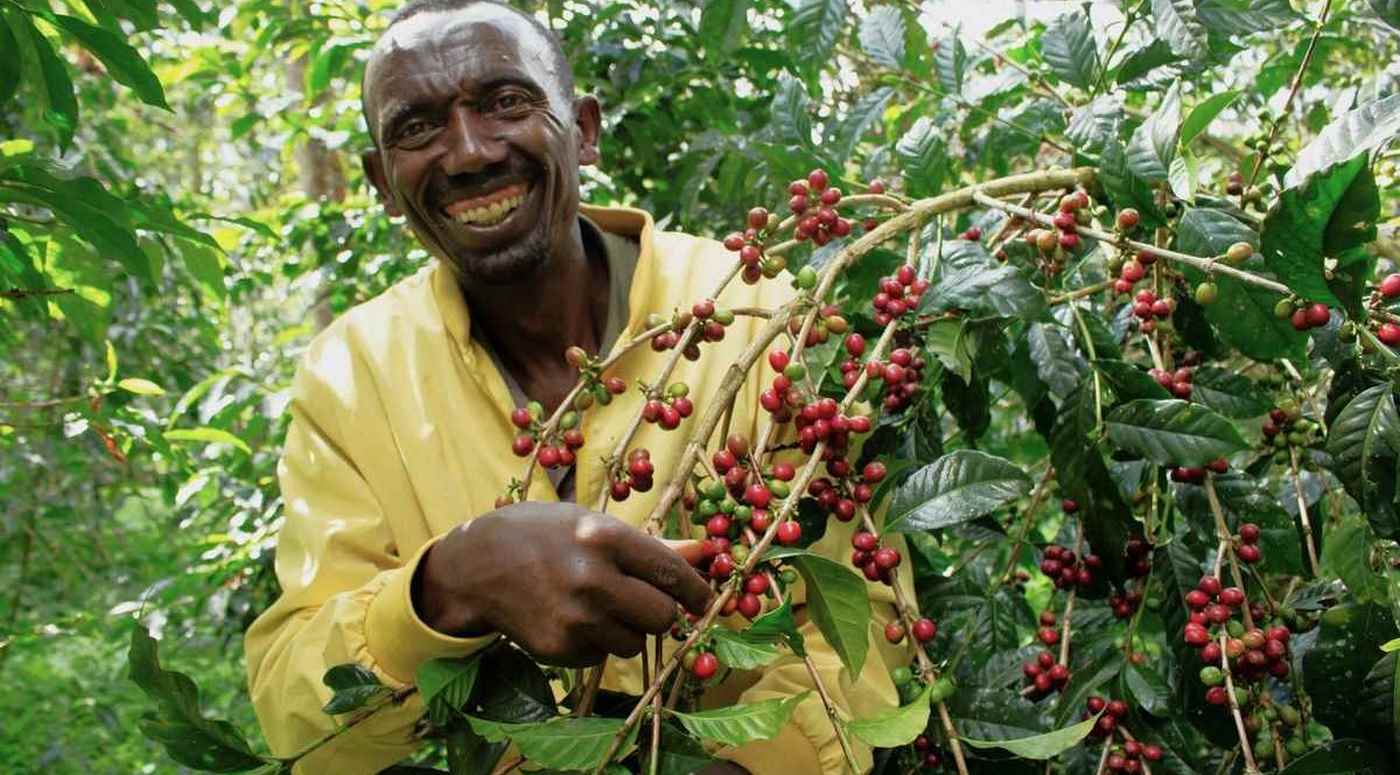Smile
Ethiopian Coffee Growers Reforest 5,000 Acres, Boost Incomes by 45%

Quick Smiles:
- Ethiopian coffee growers have reforested over 5,000 acres, boosting both the environment and local incomes.
- Household incomes increased by 45%, with a 70% rise in coffee exports thanks to sustainable practices.
- Local communities embraced climate-smart farming, leading to a 280% income boost from diversified crops.
Coffee is more than just a beloved beverage in Ethiopia; it’s a catalyst for environmental and economic transformation.
In the ecologically significant Ilu Ababor Zone of Oromia, an innovative project led by Farm Africa has shown how coffee can thrive alongside nature. This initiative, spanning from 2021 to 2024, engaged around 4,000 people across 19 local forest management cooperatives.
The project aimed to teach sustainable practices, enabling landholders to meet their needs without excessive deforestation.
One of the key strategies was demonstrating how to cultivate fast-growing trees for firewood on small plots. Six tree nurseries were established, staffed by locals who learned to sell seedlings for reforesting native woodlands.
By the project’s end, over 300,000 seedlings were planted, boasting an impressive five-year survival rate of 85%.
Another climate-smart practice involved growing bamboo for coffee bean drying mats, reducing the need to transport bamboo from other regions. Moreover, 66% of homes adopted energy-efficient wood stoves, significantly cutting fuel consumption.
Farmers also diversified their crops, increasing the percentage of those adopting climate-smart techniques from 49% to 76%. This shift led to a 280% rise in income from vegetable and fruit production, adjusted for inflation.
Coffee quality and marketing improved dramatically, with 73% more coffee from Ilu Ababor reaching export standards compared to 2021. Specialty-grade coffee rose by 20%, with 44% now meeting these high standards.
Access to national financing allowed cooperatives to invest in proper drying and storage equipment. City marketing agencies supported growers in securing a place in both national and international markets.
“Prior to the project, our limited knowledge meant we had to sell our coffee to local traders at lower prices,” Abde Musa from the Abdi Bori cooperative shared.
“Now we’ve taken control and are the ones negotiating and determining the coffee prices.”
Training in business management, quality control, and certification processes further boosted incomes. One cooperative reported grossing $58,500 from coffee sales.
Overall, the project saw incomes and access to financial services nearly double, with the latter reaching almost 100% of the community.
Deforestation rates plummeted to just 0.08 acres a year, showcasing the environmental impact.
The report on this project’s success is filled with inspiring stories, like the Abdi Bori co-op’s revenue increasing twentyfold from 2018 to 2023, and Solomon Mekonnen’s transformation of his land into a forest farm producing export-grade coffee, firewood, and organic honey.
This initiative is a testament to the power of local solutions in addressing African challenges.

-

 Cute Animals2 years ago
Cute Animals2 years agoPuppy Love Patrol: Service Dog Swoons Over K9 Officer Neighbor
-

 Cute Animals3 years ago
Cute Animals3 years agoHugs, Hooves, and Happiness: Newborn Donkey Steals Hearts by Demanding Affection [Video]
-

 Cute Animals2 years ago
Cute Animals2 years agoWATCH: A German Shepherd’s Surprising Parenting Instinct for Lost Ducklings!
-

 Cute Animals3 years ago
Cute Animals3 years agoPetty Pup Pulls Off Hilarious Bone Heist [Video]
-

 Heroes2 years ago
Heroes2 years agoA Lost Dog’s Bark Leads to a Lifesaving Discovery
-

 Cute Animals3 years ago
Cute Animals3 years ago“Pure Love”: Adopted Rescue Dog Can’t Hide How Grateful He Is [Video]
-

 Cute Animals3 years ago
Cute Animals3 years agoTiny but Mighty: Cat with Dwarfism Becomes Internet Star as Owners Adapt Backyard for Her Comfort
-

 Cute Animals2 years ago
Cute Animals2 years agoAdorable Puppy Steals Hearts After a Tiring Swim [Video]